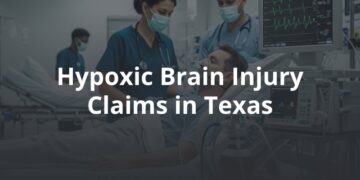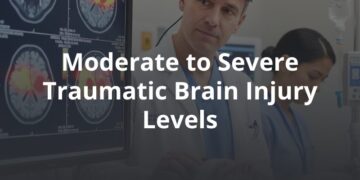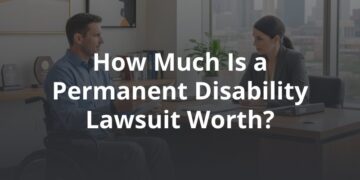It’s no secret that Texas has a lot of toll roads: according to TXDoT, there are over 50 separate tollways in operation or under construction in the state right now. Austin officials have greenlit a number of toll roads since the first ones opened in 2006, including the much-maligned US 183 South toll project, the first phase of which was completed in July 2019.
Although toll roads have been the center of many debates between Austinites and amid public officials, most of the discussion revolves around their cost and effectiveness at relieving traffic. Little has been said of their impact on accidents and the overall safety of the roads.
And yet some research seems to suggest that tolled roadways are actually safer than traditional highways and non-tolled facilities, with notably fewer fatalities. At FVF, we think safety should be the first priority when designing new road systems. We decided to investigate claims that toll roads are safer than other roadways — and whether or not building new toll systems stands to protect Austin road users.
What the Research Says About the Safety of Tolled Roads
On October 1, 2003, a multi-car accident at an I-90 toll plaza near Hampshire, Illinois, raised a question: Are toll roads actually all that safe? In response, the National Transportation Safety Board (NTSB) looked into the causes of the pileup and concluded that, among other factors, toll plaza design was a chief factor in the accident. In fact, almost half of all interstate accidents in Illinois occurred at toll road plazas.
Experts have proposed many reasons for this: a mix of cash and electronic lanes is one possible answer. However, the debate over toll road plazas prompted additional research on toll road safety overall — and how it compares to that of other highways and roadways.
A large study produced by the International Bridge, Tunnel, and Turnpike Association (IBTTA), looked at the fatality rates of 75 tolled roadways, bridges, and tunnels and found that these facilities actually have fewer fatalities than other comparable systems. Here are a few key findings:
- The fatality rate for toll roads is lower than that for other roads. There are an average 0.52 toll road fatalities per 100 million vehicle miles driven, compared to 1.47 on all US roadways.
- Toll roads are safer than comparable urban interstates. Rural roads are known to be much more dangerous than urban highways. However, even when you compare toll road fatality rates to urban interstates alone, toll roads still come out on top.
- But toll entry design counts. Toll road design is a major determiner of overall safety: for instance, toll roads equipped with barriers at interchanges and electronic toll collection systems (ETC) had significantly lower fatality rates than those without these features.
Although more research is warranted, preliminary studies seem to indicate that when designed and maintained properly, toll systems may be much safer than other road systems.
These findings track with what experts already know about safe road designs: roads with fewer intersections and entrances — and more consistent speeds — are much less dangerous than other road systems. For instance, interstate fatality rates are consistently lower than national rates for all roads. It follows then, that toll roads, which are typically designed to eliminate intersections and other obstacles to through traffic, may actually be safer than comparable urban roads.
Has Tolling Austin Roads Made Them Safer?
The question of whether or not Austin’s toll roads have positively impacted road safety is a bit more complicated, for several reasons. First, the city’s population has ballooned since the first tolled roads were introduced — and more cars on the road means more accidents. Second, no local studies on the matter appear to exist. Here’s what we do know, however:
- Toll fares on Loop 1, SH 45 N, SH 45 SE, and SH 130 are all collected electronically, which IBTTA has connected to lower tollway fatality rates.
- I-35, one of the few untolled major throughways in Austin, is by far the most dangerous stretch of road in the city.
- Austin’s Texas 130 South tollway has the highest speed limit of any highway in Texas: 85 miles per hour. Some experts say that high speed limits directly contribute to increased accident rates, and a KXAN investigation confirmed that accident rates on the 80- and 85-mile-per-hour sections of the tollway are on the rise. In October, TXDoT announced that it will be lowering the speed limit on SH 130 to 70 miles per hour between Cameron Road and SH 45.
- Austin traffic deaths went up in 2019; however, this is the first year that fatalities have increased since 2015.
Due to Austin’s rapidly shifting traffic patterns, surging growth, and the young age of many of its tollways, it’s ultimately difficult to draw a clear conclusion about whether tolls have positively affected traffic. Nationally, however, it does appear that implementing toll roads can improve road safety — at least when speed limits are reasonable and tollways are properly designed and administered. At FVF, we care deeply about the safety of all Austin road users, and we are committed to upholding the rights of those injured in auto accidents. If you have been involved in a collision, contact our Austin accident lawyers today for a free consultation. We’ll walk you through your rights and options and help you discover the fastest road to recovery.








